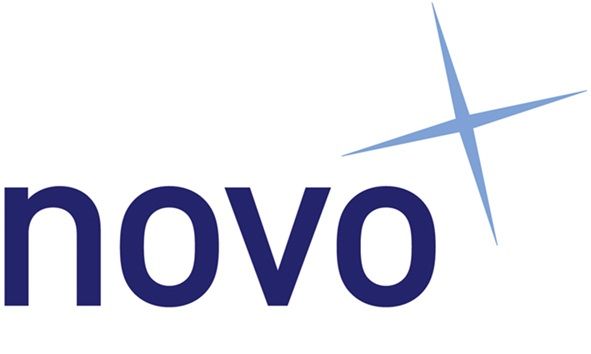Will Diversity and Inclusion Fall Down Business Agendas in 2024?

Research found one in six firms invested in an EDI strategy last year amid rising costs and economic pressures.
One in six (17 per cent) HR directors and CEOs said their business had introduced or invested in an equality, diversity and inclusion (EDI) strategy in the past year, new research by Barnett Waddingham found.
However, nearly three-quarters (72 per cent) of the 300 HR directors and C-suite professionals surveyed said employee demands for an EDI strategy were a major concern for their business.
Employers said that growing business costs have caused them to reduce their investment in EDI, with the vast majority (83 per cent) citing operational costs as a factor.
A further 80 per cent said they were impacted by supply chain costs and 79 per cent were affected by demands for higher pay from employees.
Ash Ahmad, founder and CEO of EDI consultancy Changing Mindsets, told People Management: “When pressures of business costs grow for organisations, EDI is often the first area of the business that experiences cuts in funding or no longer becomes a top priority.
“Unfortunately, with the recent backlash that the EDI space has been facing, with comments from individuals such as Elon Musk saying EDI must die, organisations no longer associating C-suite leader’s bonuses with EDI efforts, it gives those that have been resistant to EDI or those that have been carrying out performance initiatives the permission to also scrap their EDI efforts.”
Ahmad continued: “Although in the coming year we may see a dip in organisations’ EDI efforts, I believe it will mostly come from those organisations that didn’t really prioritise it in the first place and saw it as a tick-box exercise.”
Jummy Okoya, interim dean, office for institutional equity at the University of East London, told People Management: “My prediction for EDI in the coming year is that those organisations which maintain a performative stance in terms of their EDI commitment will start to feel the pinch, [both] financially and through talent exodus.
“More employees are prioritising thriving over surviving by putting their wellbeing and mental health first and intentionally choosing to work for an inclusive employer with clear statements of their EDI position.”
However, the survey showed EDI policies are still highly valued by HR directors and CEOs – nearly two thirds (73 per cent) said they thought treating employees fairly improves business performance in the long term, while 70 per cent said employee happiness is critical to productivity.
Those businesses which did invest in an EDI strategy said they did so because they believed it was morally right (40 per cent), because it aligned with their values and purpose (31 per cent) and made financial sense for their business (31 per cent).
Hayley Saunders, HR technical consultant at AdviserPlus, told People Management: “It is often cited that diversity enhances business performance. Despite critics challenging this cause-and-effect relationship, in our diverse society embracing diversity promotes innovation, improves problem-solving and enhances workplace cultures.
“With the current recruitment crisis, companies need to improve their ability to attract talent from a diverse pool. This includes creating job postings that are inclusive and non-discriminatory and actively seeking out candidates from underrepresented groups.”
Saunders said: “For organisations to genuinely prioritise EDI, they need to have tools that provide a comprehensive understanding of their workforce. This includes technology that can collect detailed data on employee relations and analyse it using EDI metrics. By doing so, organisations can identify areas that require attention and make meaningful changes.”
Okoya added: “The lacklustre attitude of HR directors and CEOs when it comes to investing in EDI speaks to their ignorance of the impact it could have on their organisational bottom line.”
She continued: “Those organisations which embed EDI in their strategic plan will continue to experience the multilayered ripple-effect benefits of nurturing an inclusive work culture, fostering psychological safety and promoting belonging.
“It is important to make EDI an ongoing business priority because we know that it is the bedrock for improved organisational performance, increased employee productivity, elevated retention, promotes positive emotions at work and an increased sense of psychological capital for the employees. It’s a win-win for both employer and employee.”
Originally published on People Management, https://www.peoplemanagement.co.uk/article/1856569/will-diversity-inclusion-fall-down-business-agendas-2024












